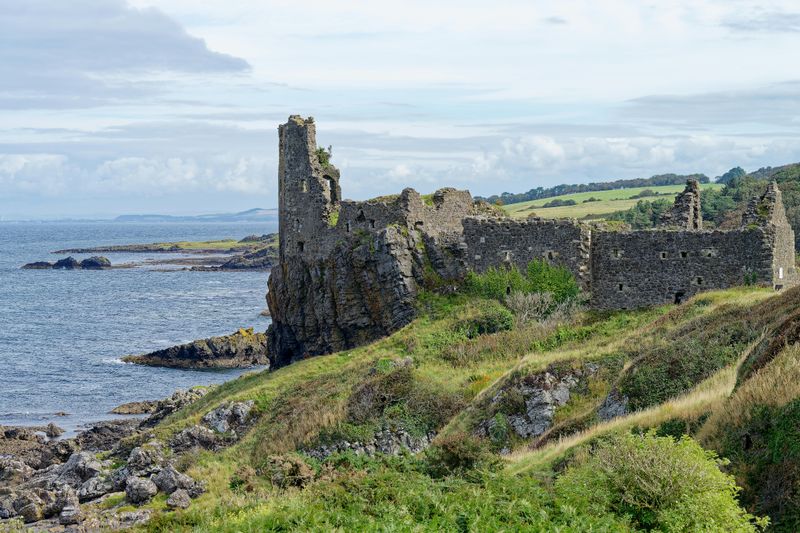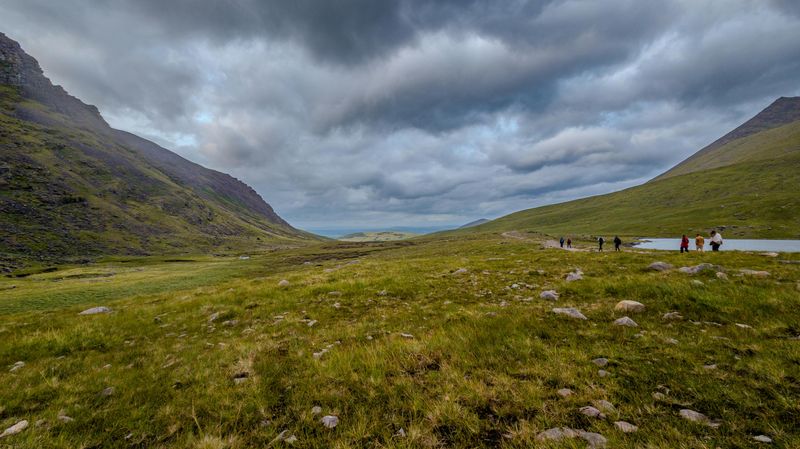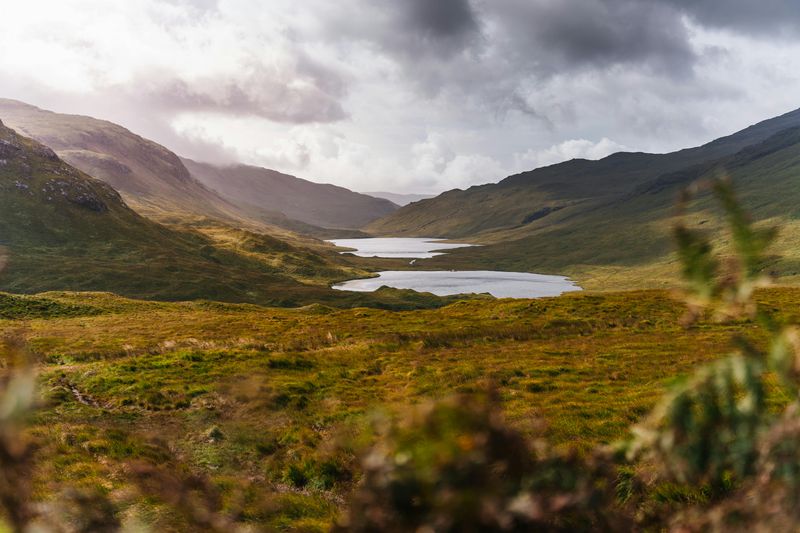Rick Steves has spent decades exploring Europe – and he’s not afraid to challenge how most tourists plan their trips. His latest advice might surprise even seasoned travelers: don’t visit Ireland and Scotland in the same trip. Here’s why the beloved travel expert says this popular combo is a big mistake – and what to do instead.
1. Geographical Illusion
Maps can be deceptive, making Ireland and Scotland seem like easy neighbors to visit in one trip. However, the Irish Sea lies between them, complicating travel plans. Flights or ferries are necessary, each involving time-consuming logistics.
What seems like a quick jaunt can turn into a full day’s travel. This means less time spent exploring the rich histories and cultures of each country.
Tourists often overlook these details, assuming a seamless journey. But Rick Steves warns that this assumption may lead to disappointment. By underestimating travel times, visitors miss out on deep, meaningful experiences that both countries offer.
2. Time Management Struggles
Combining Ireland and Scotland into one itinerary may seem efficient, but it often leads to time management nightmares. The logistics of travel days, airport procedures, and transfers can consume precious hours.
Instead of soaking in the local culture, travelers might find themselves in transit more often than desired. Steves emphasizes that each change of country can reduce sightseeing time significantly.
This hustle leaves little room for savoring moments or discovering hidden gems. By focusing on one destination per trip, you can enjoy a more leisurely pace, indulging in deeper explorations that create lasting memories.
3. Distinct Cultural Experiences
Ireland and Scotland each offer rich, unique cultural tapestries that can be diluted if visited together. From Ireland’s lively traditional music sessions to Scotland’s majestic castles, each experience deserves undivided attention.
Rick Steves advises travelers to fully immerse themselves in one location, absorbing its distinct ambiance and heritage. Cross-culture visits can lead to a fragmented understanding, missing out on the depth each country provides.
Instead of rushing, savor the nuances of Irish folklore or Scotland’s dramatic landscapes. This approach allows for genuine cultural appreciation, ensuring that your travels become more than just a checked box on a list.
4. Avoiding Checklist Travel
The temptation to see it all can turn a journey into a mere checklist. Racing through both Ireland and Scotland might result in fleeting glimpses of iconic landmarks, with little time for deeper connections.
Rick Steves warns against this superficial travel style. Capturing photos becomes a priority over genuine experiences, leading to a hurried tour rather than a memorable adventure.
By slowing down and choosing one country per trip, travelers can truly engage with local life. This approach encourages meaningful interactions and uncovers stories that go beyond typical tourist trails, creating enriching, unforgettable experiences.
5. Complicated Logistics
Traveling between Ireland and Scotland involves juggling logistical complexities, from different currencies to varied driving rules. These details can add unnecessary stress to any vacation.
Steves highlights how these small changes can become overwhelming, especially for first-time European travelers. Adapting to different electrical outlets and managing currency exchanges can detract from the joy of exploration.
Instead, focusing on one country simplifies the journey, allowing travelers to relax and engage more deeply with their surroundings. This streamlined approach ensures a smoother experience, leaving more room for enjoyment and discovery.
6. Budget-Friendly Adventures
Combining Ireland and Scotland into a single trip can quickly escalate costs with frequent transfers and multiple accommodations. Steves points out that transportation and booking fees add up, often diverting funds from more meaningful experiences.
By opting to explore one country, travelers can allocate resources to special activities and local indulgences. This economical choice not only saves money but enhances the quality of the journey.
Focusing on a single destination provides an opportunity for a more luxurious and immersive experience. Whether it’s savoring local cuisine or participating in unique cultural events, a dedicated trip ensures a more fulfilling adventure.
7. Future Travel Opportunities
Rick Steves’ advice is rooted in the belief that travel should be about quality, not quantity. His golden rule is to plan as if you’ll return. By dedicating a trip to either Ireland or Scotland, travelers open the door to future, more focused adventures.
This mindset allows for a deeper exploration of each country’s unique attractions without feeling rushed. Embrace the idea of returning for another adventure, creating a more relaxed and satisfying travel experience.
This approach not only ensures more meaningful travel but also cultivates a richer appreciation for each destination, transforming vacations into lifelong memories.











